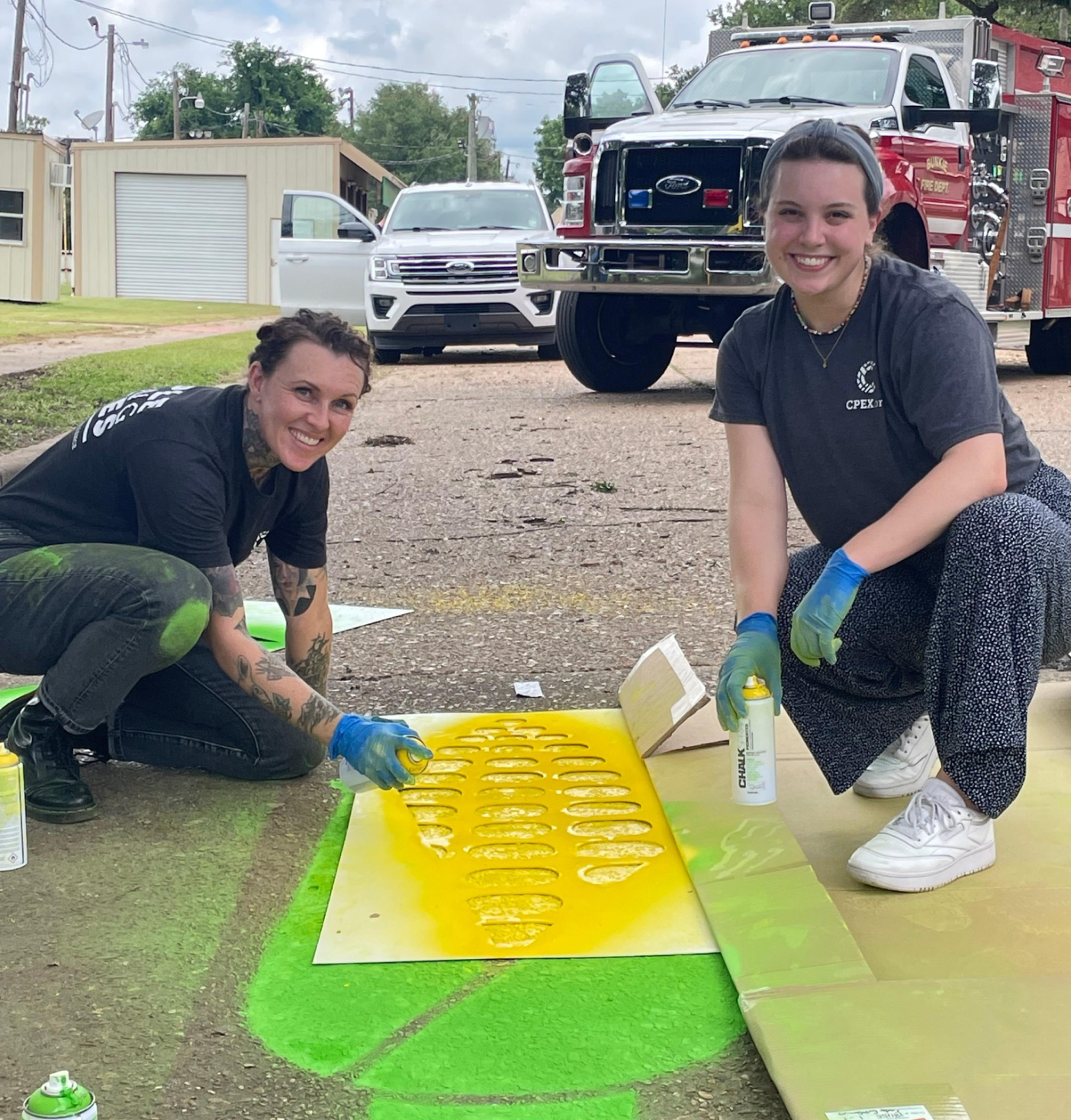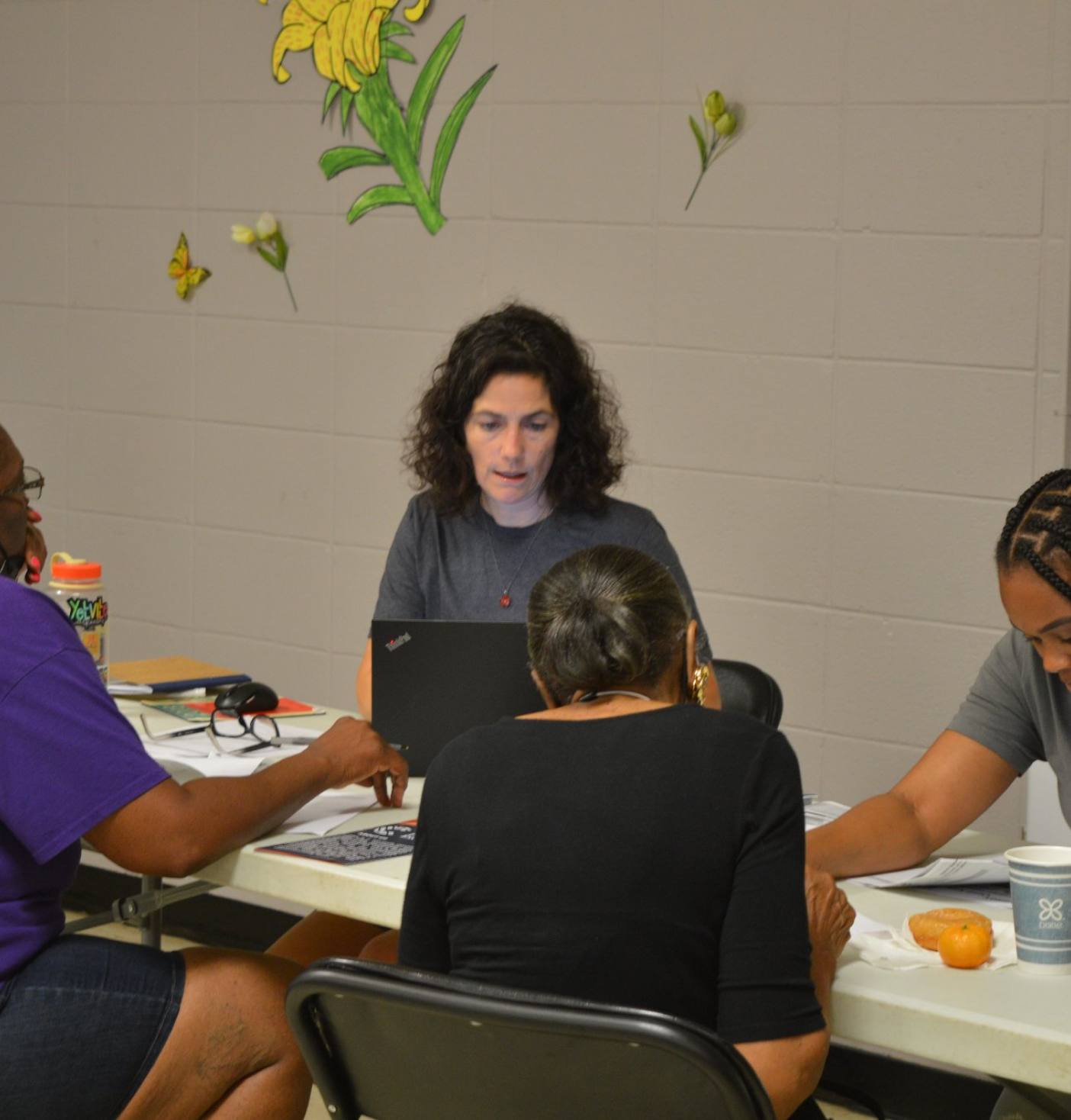- Home
-
Our Work

-
Hiring CPEX
- Projects
-
-
Impact
- Events & Webinars
- News & Insights
- Resources
-
About Us

